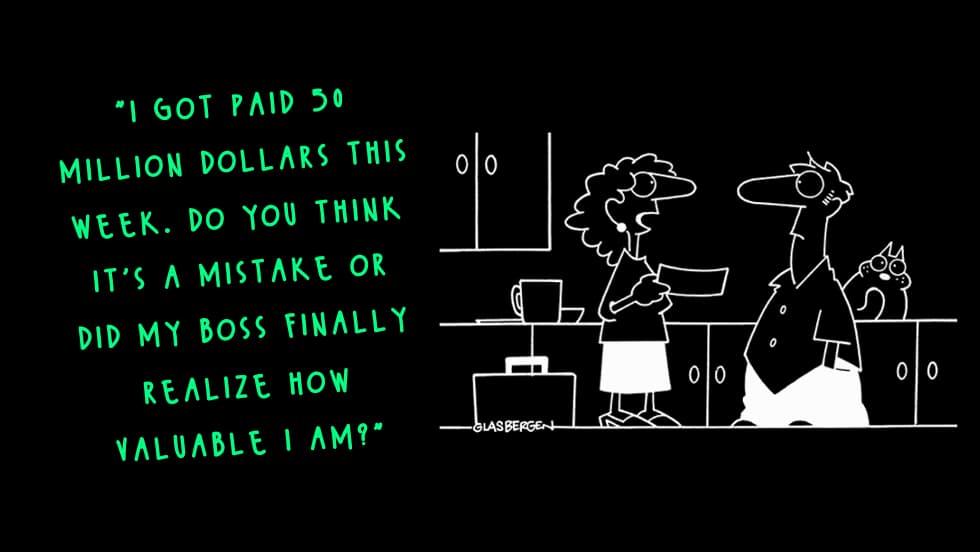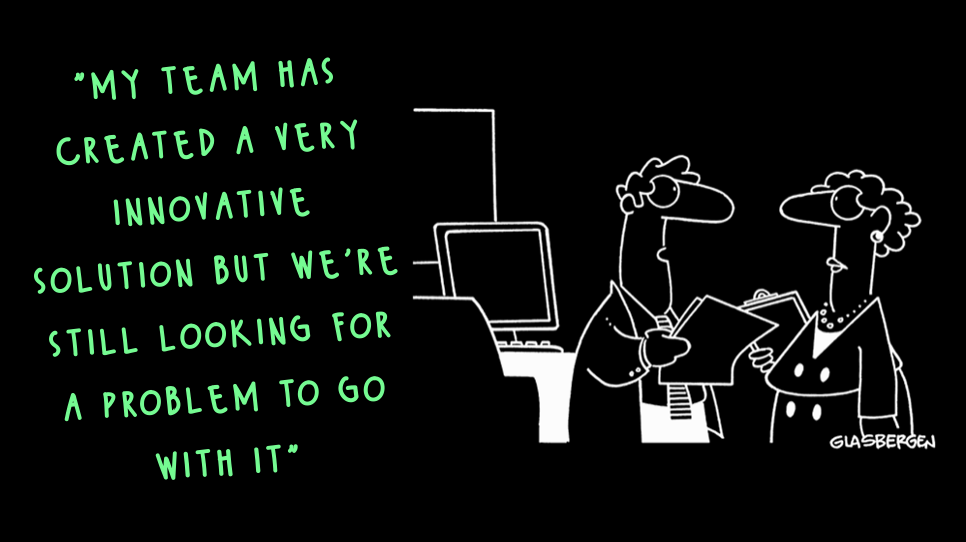
Dr Rebel: “We’ve tried this before” isn’t cynicism, it’s disappointment
Today’s question: When someone says “We’ve tried this before”, steam comes out of my ears. Help me reframe this!
“We’ve tried this before” may be one of the most annoying things a rebel encounters when dropping a new idea enthusiastically. But before you go berserk, consider the following.
A fellow innovator
Quite often, the person who says “We’ve tried this before” isn’t really a pessimist at heart, but a disappointed fellow innovator. They once believed things could be better and actually tried to make that happen.
At some point, though, they hit a wall. Perhaps management shut them down, no one cared, or their idea failed due to office politics or a lack of support. After that kind of experience, it’s easy to stop believing that effort leads to change. The phrase then becomes a kind of shield. It is a way to sound practical and experienced while quietly protecting themselves from disappointment.
From hope to hesitation
Many of these people still have that spark of creativity somewhere inside. They remember what it was like to care about improving things, but they have learned the hard way that the system doesn’t always reward initiative. So, they start to sound like realists instead of dreamers.
When they say “We’ve tried this before”, what they often mean is, “I already fought that battle, and I know how it ends”. It’s not that they don’t want progress, it’s that they’ve stopped expecting the organisation to let it happen.
Cynical or disillusioned?
You can usually tell the difference between a true cynic and a disappointed innovator by the tone of their voice. The cynic says the phrase to end the conversation. The disappointed innovator says it with a kind of tiredness or sadness, as if remembering a time they still believed. If you listen closely, you can hear the regret and pain behind the words.
Relight my fire
Understanding that difference changes everything about how you respond. Instead of arguing or trying to prove them wrong, it helps to invite them back into the discussion. You might say something like, “You mentioned trying something like this before. What happened then? What would have to be different this time for it to work?”. That kind of question shows respect for their experience and gives them a chance to rejoin the effort as an ally, not a sceptic. It’s a small shift, but it can turn a defensive remark into the start of a real conversation, and who knows, you’ll rekindle their inner fire.
Become more empathic
When you’re dealing with a disheartened rebel, a helpful approach is to reframe what you hear. The next time someone says, “We’ve been down this road before”, try mentally translating it into one of these thoughts instead:
- “I tried that before, and it was painful.”
- “I don’t want to feel foolish again.”
- “Convince me it’ll be different this time, and that I won’t be left alone to fail.”
This perspective switch instantly makes you more empathetic and opens the door to genuine dialogue. A bonus: your stress level drops, and you’ll no longer feel like steam is about to come out of your ears!

do you have a burning question for dr rebel?


